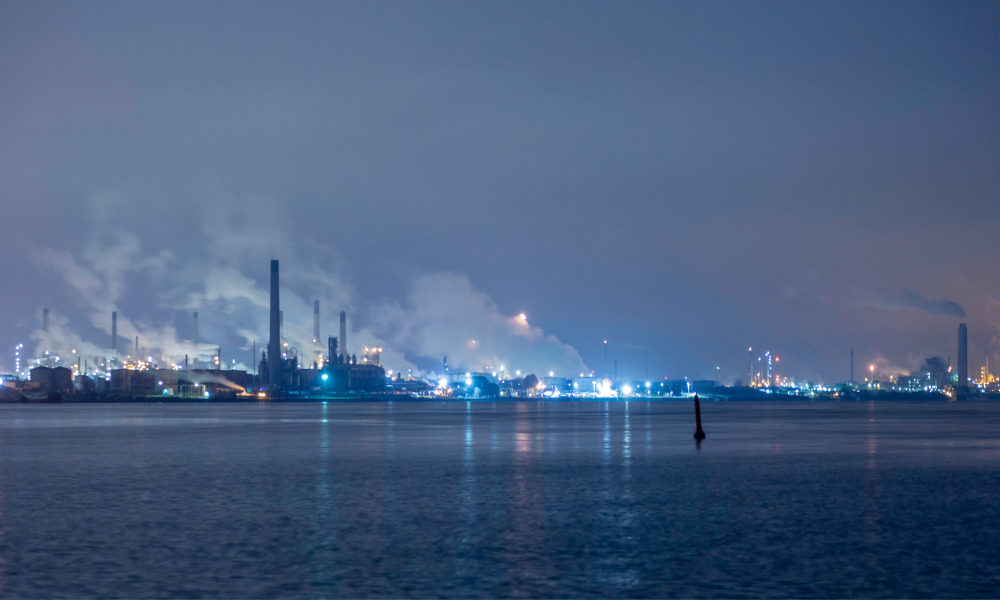
Group says Indigenous peoples who live in vicinity of Chemical Valley are impacted most

A recent report exposes the dire health risks posed by industrial pollution in Ontario's Chemical Valley, particularly affecting Indigenous Peoples and residents.
Environmental group Ecojustice highlighted the Ontario government's Sarnia Area Environmental Health Project's findings, showing the severe threat that pollution poses to the health of those living near Sarnia, Ontario's petrochemical and refining facilities.
Chemical Valley, notorious for emitting millions of kilograms of toxic air pollutants annually, has been identified as one of Canada's worst pollution hotspots. Residents frequently experience air quality so poor that it causes dizziness and nausea, and they are sometimes advised to stay indoors during industrial malfunctions to avoid exposure to dangerous pollutants.
The local Aamjiwnaang First Nation community near these facilities has suffered significant health impacts from persistent pollution. The community's struggle with poor air quality and its effects on their health and way of life has been ongoing for over a century, with calls for government action and enforcement to protect their community.
The health risks associated with this pollution are stark. The report pointed to elevated levels of benzene, a highly toxic air pollutant linked to cancers such as leukemia, myeloma, and non-Hodgkin's lymphoma. Benzene levels in the area surpass those of comparison communities in Ontario and even other industrialized areas in California and Michigan. Particularly alarming is the benzene concentration spikes near community landmarks like the Aamjiwnaang baseball diamond, posing an elevated cancer risk.
Furthermore, another significant pollutant, sulphur dioxide (SO2), has been linked to respiratory issues, including an increased rate of asthma among children born in the area.
Recommendations from the Sarnia Area Environmental Health Project include reducing ambient benzene concentrations and minimizing exposure to SO2. These include implementing pollution control improvements, flare minimization plans, and better communication with the community during flaring events.
Ecojustice underscored the urgent need for industry and government action to mitigate pollution levels that have consistently exceeded Ontario's health protection standards. Ecojustice, in partnership with the Aamjiwnaang First Nation, advocates for enforcing laws to curb industrial pollution and protect affected communities' health and way of life.
Ecojustice said it will continue to use the rule of law to champion a future where Canadian communities are protected from the dangers of hazardous pollution.